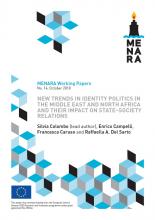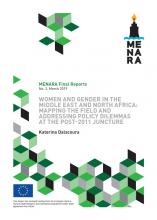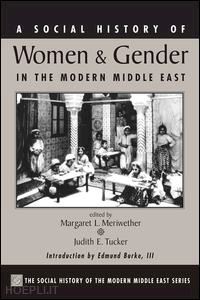
Arab Human Development Report
LEAVING NO ONE BEHIND
Towards Inclusive Citizenship in Arab Countries
Research Paper published for the United Nations Development Programme – Regional Bureau for Arab States
Authors: Adel Abdellatif, Paola Pagliani and Ellen Hsu
Introduction
Building inclusive societies has been a challenge in Arab countries, and the limitations in inclusion have become more acute since 2011, as the relationship between citizens and the state — and among various social
groups — has deteriorated in some countries.
Despite different governance structures, all Arab countries manifest serious fault lines in modern notions of citizenship.
The starting point of this paper is that the Arab region’s human development fault lines have grown more complex since 2011 — and deepened in several countries. Today many people live insecure lives, more people live under persistent pressures that inhibit them from realizing their potential as human beings, and too many lives are cut short as armed conflicts take their grim toll. If the ongoing conflicts are not resolved and demographic projections of faster population growth in crisis countries are realized, 40 percent of the people in Arab countries will live in crisis and conflict in 2030, when the SDGs should be achieved.
Achieving the SDGs in Arab countries thus requires addressing the most debilitating development problems related to citizenship in a region where the relations between the state and society remain deeply fraught and
contested amid political, social and economic fragility.
Given the importance of understanding, and potentially explaining, manifestations of exclusion and inequality, the link between citizenship and human development needs to be further explored.
Document: arab-hdr.org/wp-content/uploads/2020/12/UNDP_Citizenship_and_SDGs_report_web.pdf
Source: www.hdr.undp.org/en





